I was born and raised in Hawaii. Here are the 6 best and 6 worst things about living here.
Ashley Probst

- I was born and raised in Hawaii and have found that living here full-time has its pros and cons.
- The islands are filled with natural beauty and adventure, but the cost of living is incredibly high.
I was born and raised in Hawaii. Living here year-round is incredible, but it does have some drawbacks.

After growing up in Hawaii and moving to the contiguous US for college, the first thing most people asked me was: "Why would you ever leave Maui?"
My honest answer is that it was always my goal to get off "the rock," the nickname that my friends and I used to call the island.
Now that I've returned as an adult, I have a new perspective. I feel blessed to call Hawaii home, but I also have a better understanding of why it's not always the picturesque paradise that people imagine.
Here are the six best and six worst things about living in Hawaii.
You can almost always find sunshine on the island, even if it's raining on one side.

Hawaii residents get to enjoy tropical weather virtually year-round.
Even on a rainy day, you can almost always drive to another part of the island and find a sunny spot. Or you can allow the storm to pass, which it usually does, and wait for a stunning rainbow to appear.
The islands' natural beauty is unlike anything I've seen anywhere else.
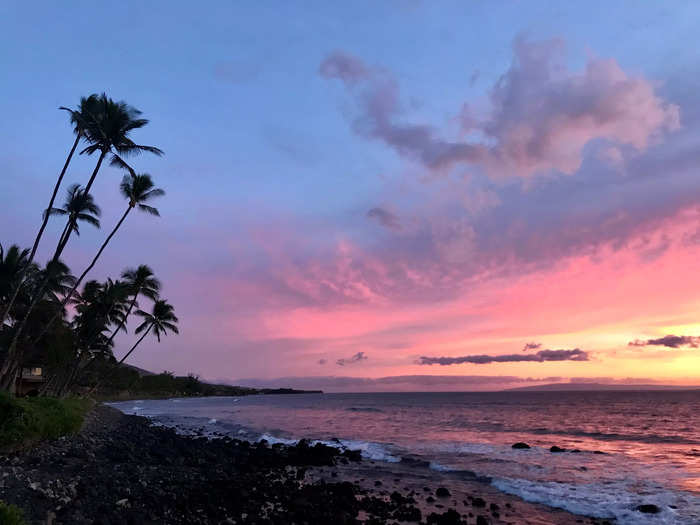
Whether you're looking to lounge on the beach, hike a breathtaking trail, swim at the base of a waterfall, watch the sunset, or smell the tropical flowers — plumerias are my favorite — Hawaii offers endless opportunities to connect with Mother Earth.
Having easy access to all of these natural attractions is a dream for outdoor enthusiasts.
With an abundance of tropical fruits and fresh fish, Hawaii is a paradise for foodies.
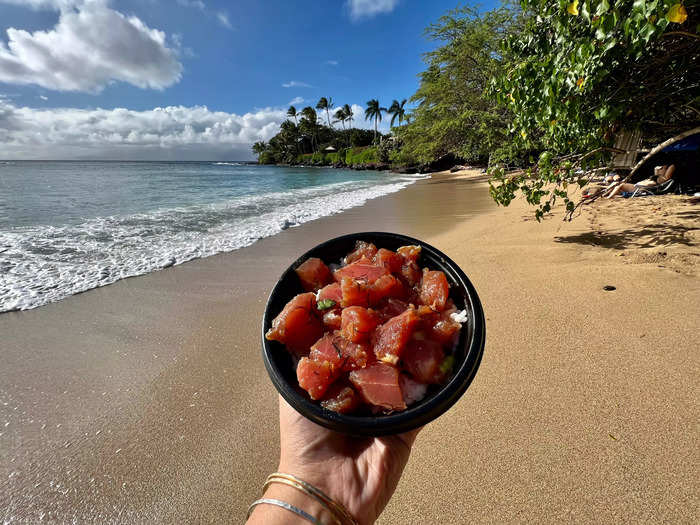
Grocery stores and farmers markets in Hawaii are usually stocked with fresh tropical fruit, and restaurants here showcase some of the world's best Asian and Pacific Islander cuisine that features line-caught fish and other seafood.
With local comfort foods like Spam musubis, poke bowls, loco mocos, and chicken-katsu plates, there's no shortage of delicious dishes here.
The islands have adventurous activities that appeal to all types of people.
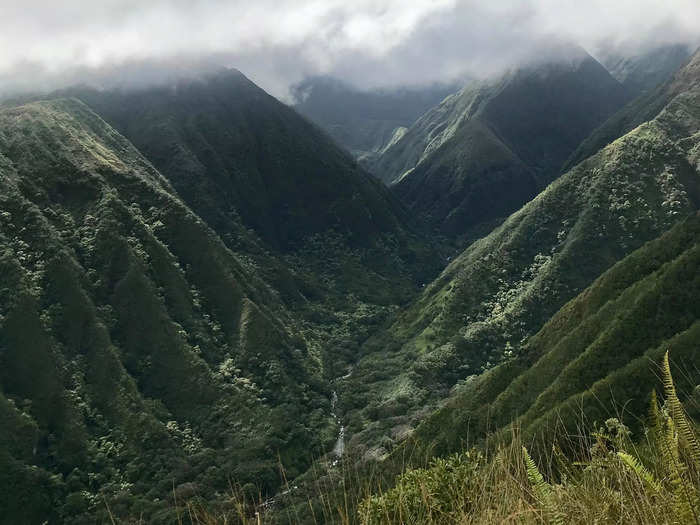
Hawaii has a variety of beaches and hiking trails for people of all skill levels, which makes it easy to curate an experience that matches your desired pace.
Residents also enjoy some tourist attractions like whale-watching excursions, parasailing experiences, and zip-line tours.
As a local, it's a bonus if I know the people who work at the companies that host these activities.
Each island has a strong sense of community, and there are a lot of networking opportunities.
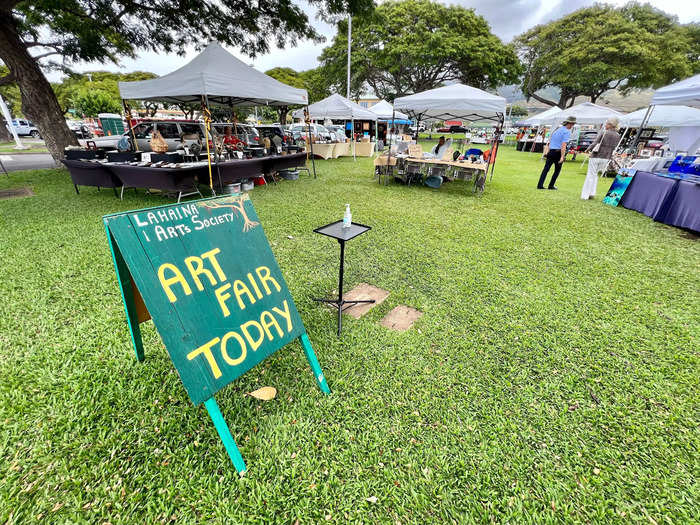
Because I grew up on Maui, I was woven into the fabric of the island's tight-knit community from a young age.
If people don't know me personally, they likely know my family. I often feel an instant bond with other people who were born and raised here.
And with so many people coming to visit the islands, I never know who I might meet. There are always opportunities to make new connections and expand my network.
In general, life on the islands feels slow-paced and relaxed.
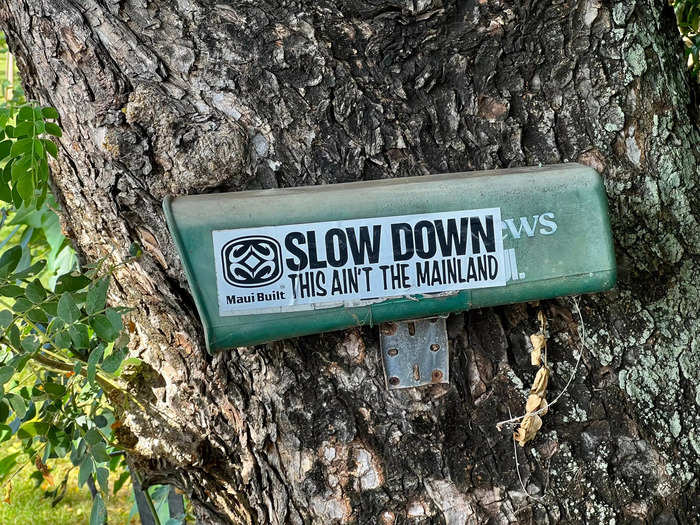
As opposed to the chaotic energy that frequently comes with dwelling in a city, the island lifestyle feels much more slow-paced and relaxed.
People don't usually rush around, and they seem relatively carefree, which makes for peaceful and restorative environments on the islands. So, it probably comes as no surprise that I think Hawaii is one of the best places in the world for a staycation.
On the other hand, the cost of living is incredibly high here because many of the goods are imported.
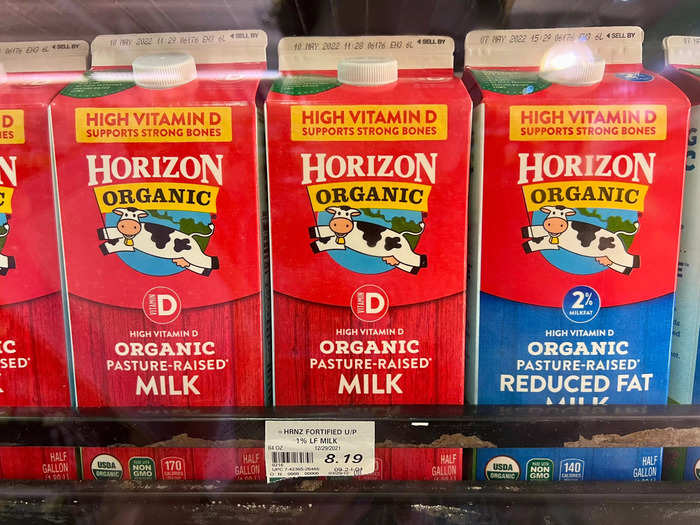
Prices tend to be higher in popular tourist destinations, and that is certainly true in Hawaii, where so many things are imported from the contiguous US.
As a resident, I'm used to paying significantly more for everyday things like milk, gas, and housing than a lot of visitors, who are accustomed to paying less at home.
For example, a gallon of milk can cost more than $8, and a studio-apartment rental can be priced at $3,000 each month.
The traffic on the islands can completely derail your plans for the day.
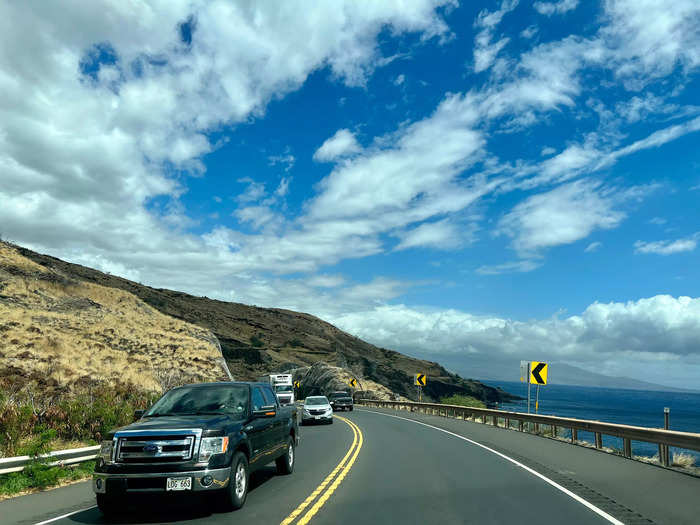
The traffic on Honolulu feels comparable to the traffic in Los Angeles, even though the latter city's population is significantly larger.
There are many parts of the islands that only have access to one road, such as Honoapi'ilani Highway, also known as Hawaii Route 30, which connects West Maui with the rest of the island.
If the road closes because of an accident or a brush fire, you can get stuck on the wrong side of the island overnight.
Overtourism has ruined places and experiences for everyone.
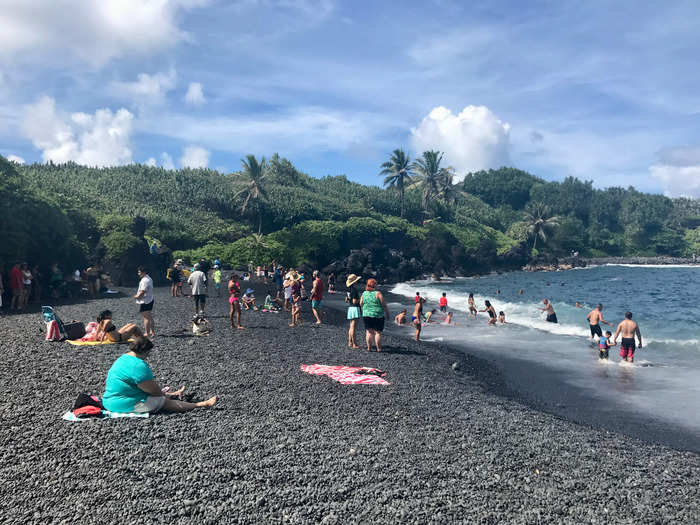
Beaches that used to be secrets are now overrun with tourists, and many restaurants have unbearably long lines, making it difficult for locals to visit some of their favorite spots.
On top of that, disrespectful visitors make residents even more disdainful. Though not all tourists misbehave, the ones who do can have a detrimental domino effect on the local community.
The islands can feel small, which can make dating a challenge.
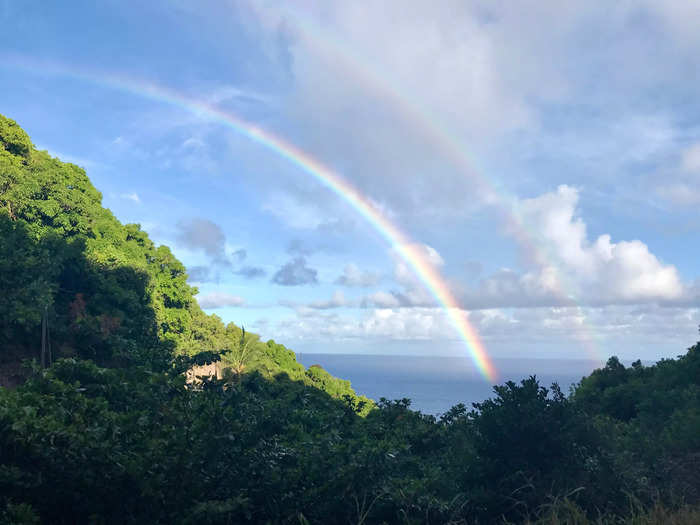
Dating is difficult anywhere, but especially on an island where you consistently see the same people. It doesn't help that most of the additions to the dating pool are transients who are only looking for a casual fling.
Even when you're lucky enough to find a potential match, it comes with risk. If your relationship doesn't work out, it's almost inevitable that you'll eventually run into them. You may even be connected to the next person they date, too.
It can feel challenging to watch the commercialization of sacred land that was stolen from the Hawaiian people.
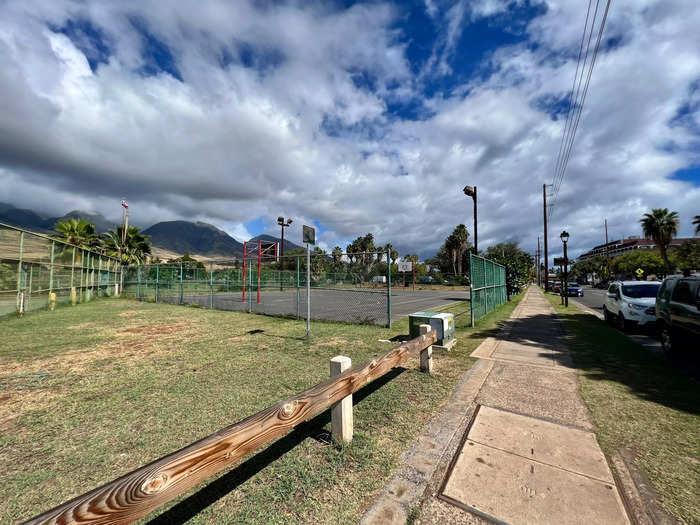
Though my lineage is not indigenous to this land, these islands are my home, and I find the commercialization of Hawaiian culture heartbreaking.
For example, Lahaina, my hometown, used to be the epicenter of the Hawaiian kingdom. Now, it's a major tourist destination filled with shops and restaurants to accommodate visitors.
The sense of isolation that often comes with living on the islands can be overwhelming.
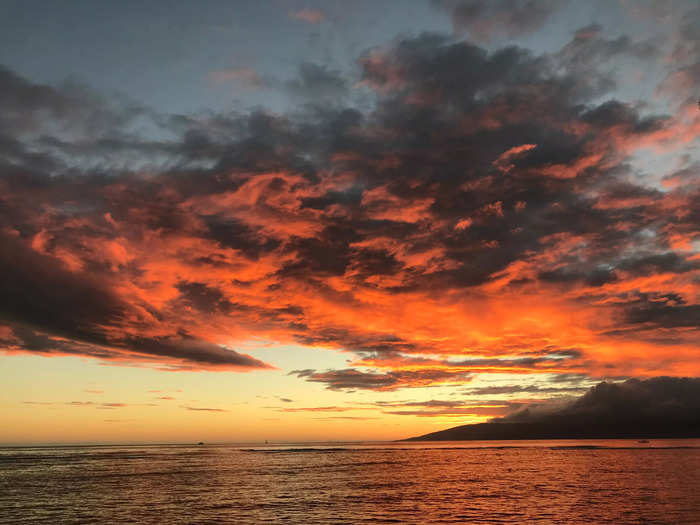
Though being separated from the rest of the world may initially sound liberating, it can quickly turn into island fever, a phenomenon associated with psychological stress that comes from feeling trapped.
When some people realize that they're on an island in the middle of the ocean, they begin to long for the freedom of long road trips, changing seasons, and other luxuries that come with living in the contiguous US.
No place is perfect, including Hawaii, but I feel very fortunate to live on these islands.
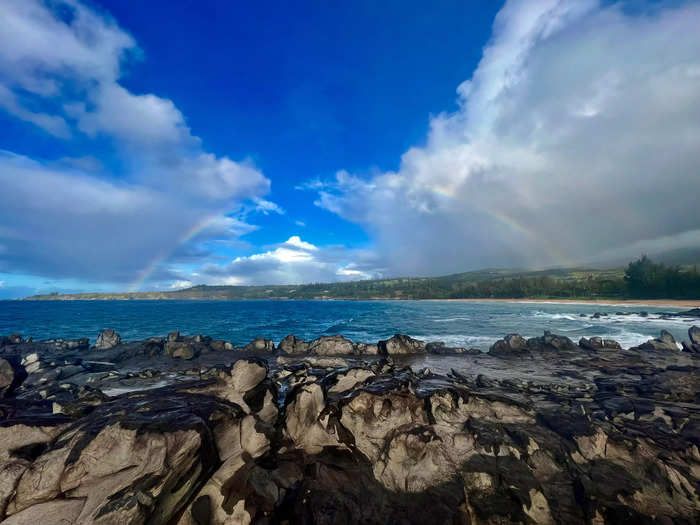
Returning to Hawaii as an adult has allowed me to develop a deeper appreciation for my home, the islands' natural landscapes, and my community.
Even though it's not flawless — it's expensive and overtouristed, among other things — I feel extremely lucky to live here.
Popular Right Now
Popular Keywords
Advertisement